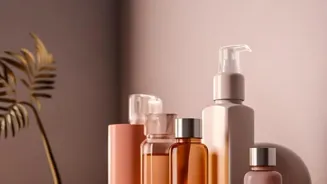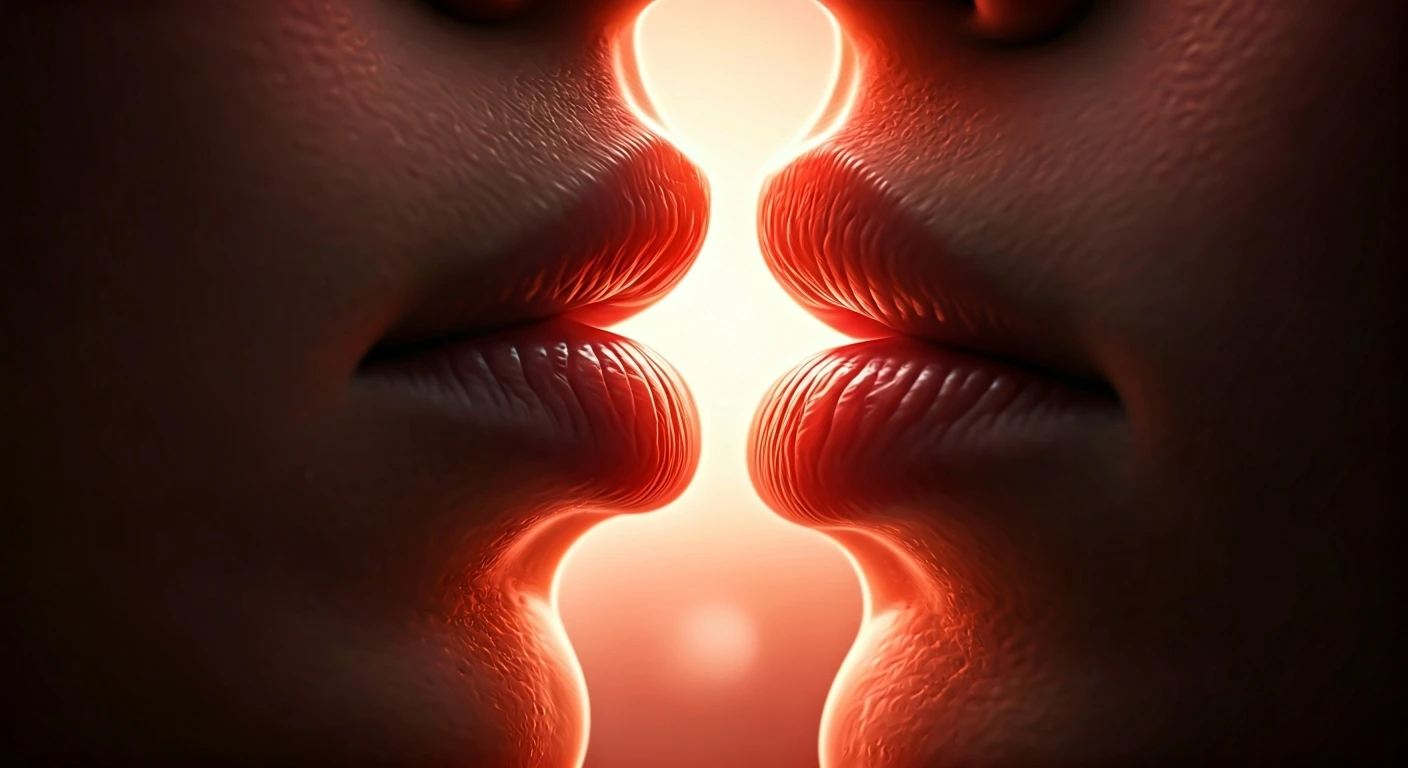Unveiling Skincare Myths: Your Guide to Fact vs. Fiction! Dive into the truth behind common beliefs for healthy skin
For ages, our nanis and dadis have given us skincare gyaan. While their hearts were in the right
place, not all of it holds true today. The beauty market is flooded with products and the internet is overflowing with tips, but how do you separate fact from fiction?
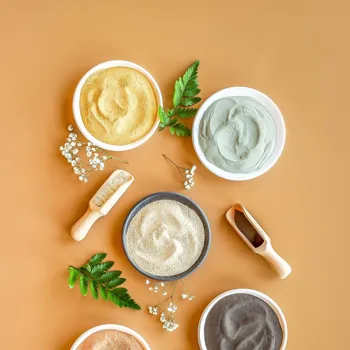
Let's bust some common skincare myths that many Indians still believe in, so you can build a routine that actually works for your skin.
Myth 1
Oily skin doesn't need moisturizer. This has to be one of the most common misconceptions! Many folks with oily skin shy away from moisturizers, fearing it will make them even oilier and lead to breakouts. The truth is, all skin types need hydration, even oily skin.
When oily skin is stripped of moisture, it overcompensates by producing more oil, potentially leading to clogged pores. Look for lightweight, oil-free, and non-comedogenic moisturizers. These are designed to hydrate without adding extra oil or clogging your pores.
Ingredients like hyaluronic acid and glycerin are great for hydration without the greasiness. A well-hydrated skin barrier functions better and can actually help regulate oil production. Opting for a gel-based or water-based moisturizer is also a good idea.
Myth 2
Sunscreen is only needed on sunny days. Oh, this one is a biggie, even on cloudy days! Even when the sun isn’t shining brightly, harmful UV rays can penetrate clouds and damage your skin. These UV rays are responsible for premature aging, wrinkles, dark spots, and, in severe cases, skin cancer.
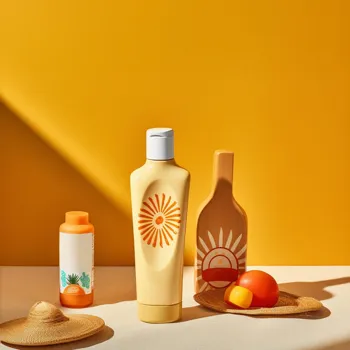
Make sunscreen a daily habit, regardless of the weather. Choose a broad-spectrum sunscreen with an SPF of 30 or higher. Apply it generously 15-20 minutes before stepping outdoors and reapply every two hours, especially if you are sweating or swimming.
Don't forget areas like your neck, ears, and the back of your hands. Sun damage is cumulative, so even small amounts of exposure add up over time.
Myth 3
The more you exfoliate, the better. Exfoliation is great for removing dead skin cells and revealing brighter, smoother skin. However, over-exfoliating can do more harm than good.
Excessive exfoliation can strip your skin of its natural oils, leading to irritation, redness, sensitivity, and even breakouts. The skin barrier can get compromised leading to itchiness and flakiness. Limit exfoliation to 1-2 times a week max, depending on your skin type.
Avoid using harsh scrubs and opt for gentle chemical exfoliants like AHAs or BHAs. Pay attention to how your skin feels and looks after exfoliation. If you notice any signs of irritation, reduce the frequency. Remember, gentle is the key when it comes to exfoliation.
Myth 4
Natural ingredients are always better for your skin. While natural ingredients may sound appealing, they aren't always safer or more effective than synthetic ingredients. Some natural ingredients can be irritating or allergenic for certain individuals.
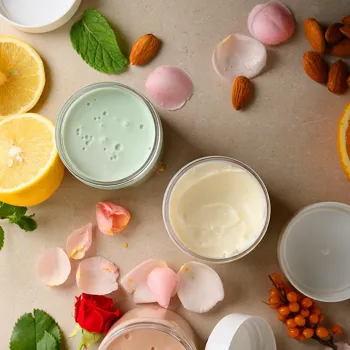
For example, essential oils, while popular, can cause sensitivity in some people. Synthetic ingredients, on the other hand, are often formulated in controlled environments and undergo rigorous testing to ensure safety and efficacy.
The key is to look for products with well-researched ingredients, regardless of their origin. Patch test any new product before applying it to your entire face. "Natural" doesn't automatically equal "good," and "synthetic" doesn't automatically equal "bad."
Myth 5
Toothpaste can cure pimples overnight. This is a classic desi remedy, but it's actually not a good idea. Toothpaste contains ingredients like baking soda and hydrogen peroxide, which can dry out the pimple.
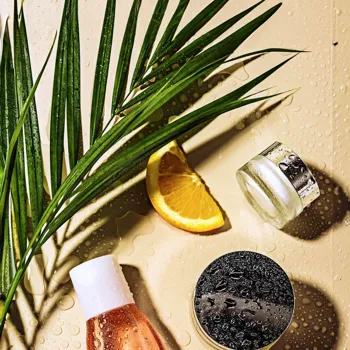
However, these ingredients can also irritate and dry out the surrounding skin, leading to redness, peeling, and even scarring. Toothpaste is not formulated for use on the skin, and it can disrupt your skin's natural pH balance. Instead, opt for spot treatments specifically designed for acne.
Look for products containing ingredients like salicylic acid or benzoyl peroxide. These ingredients are more effective and less likely to irritate your skin. Patience and proper acne treatment are key.
Myth 6
Expensive skincare products are always more effective. Price doesn't always equal quality. Many affordable skincare products contain the same effective ingredients as expensive brands. The marketing and packaging can sometimes be the biggest expense for high-end brands.
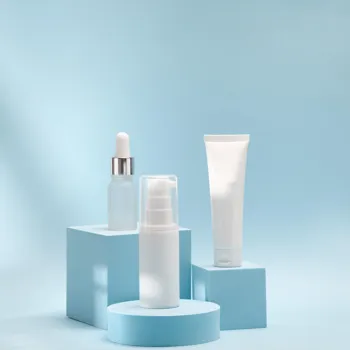
Focus on ingredients and formulations rather than just the price tag. Read reviews and do your research before investing in any skincare product. Don't be afraid to try drugstore products that contain proven ingredients like hyaluronic acid, vitamin C, and retinol.
A simple, well-formulated routine is often more effective than an elaborate, expensive one. Good skin is achievable at every budget.
AI Generated Content. Glance/InMobi shall have no liability for the content